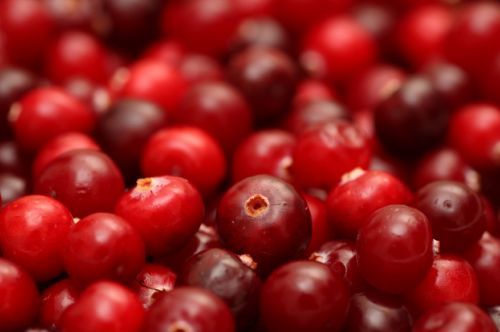“Smells, Bells and What the H – E – double hockey sticks?”

To all those people doin’ lines, Don’t do it, don’t do it.
Inject your soul with liberty, It’s free, it’s free.
Salvation, salvation, salvation is free.
Salvation, salvation, salvation is free.”
As I pushed my cart down the cereal aisle today, the Cranberries’ song “Salvation” poured from the intercom speakers. Before heading to the grocery store I was reading my doctoral book assignment and had stopped for a break at Chapter 7: Salvation – Its Scope and Intensity. When I returned home to pick up where I left off I remembered this song and especially its repetitive line, “Salvation, salvation, salvation is free.” Coincidence? I think not.
I have always questioned the concept of salvation and my line of thinking has gone like this… So, God who is Creator and Omniscient (all-knowing) created a hell and humans who He knew would end up there. Then, he also sent Himself in his Son to save his human creations. He then gave these creations the choice to choose himself/his Son as their personal Lord and Savior. If they don’t He sends them to the Hell he created to suffer in torment for eternity. And He already knows which ones will go.
I don’t get it. I really don’t. I must be missing something. I hope I am missing something.
David F. Ford, in his fascinating and concise writing Theology: A Very Short Introduction states, “It is a striking fact about Christianity that, in its mainstream forms, it has never officially defined one doctrine of salvation. It has lived with a diversity of approaches.” Whew! Thank goodness there are other approaches than the one I had above. Ford explains that, “Salvation is primarily about coping with…multiple overwhelmings – by God, life, death, sin, evil, goodness, people, responsibilities, and more. In this field of force, thought needs intensity and gripping power…a more basic need of images, metaphors, and symbols…” He asks, “What about today’s journeys of intensification?…Perhaps the two most striking such phenomena in the twentieth century have been the extraordinary growth of the Pentecostal and Charismatic movements and the present renewal and expansion of many Orthodox Churches in former communist countries and elsewhere. Pentecostalism’s intensification has been through the Holy Spirit and the explosion of Spirit-inspired faith, charismatic gifts, worship, mission, community-building, and martyrdoms that have marked its unparalleled growth to over 300 million people. The Orthodox Church’s central, concentrated image of salvation is its liturgy, celebrated through the feasts, fasts, and ordinary days of its Church Year.” (p. 114)
One commonality I see between the Pentecostals and the Orthodox Christians is an opportunity to experience salvation through their senses. For the Pentecostals and Charismatics the individual engages in acts of emotional liberation. Through practices such as speaking in tongues and “working” in the spirit the individual’s faith is intensified. Within the Orthodox Church individuals encounter the smells of incense, the sprinkle of holy water, and the sound of sacred bells as well as asceticism through fasting and celebration through feasting. These sensory acts become part of the salvation process. Salvation becomes something that is not only experienced in the mind but with the body as well. Salvation is, as its root suggests, “health.” It is a journey of transformation from eternal death to eternal life. It is an enlightenment of the mind from despair to hope. It is a physical and emotional rapture. It is a process which can turn the drug addict in the Cranberries’ song into a healthy whole human. And… “salvation is free.”
Ford, David F., Theology: A Very Short Introduction. Oxford University Press. 2000.
#dminlgp #lgp3 #ford #cranberries #salvation
Leave a Reply
You must be logged in to post a comment.